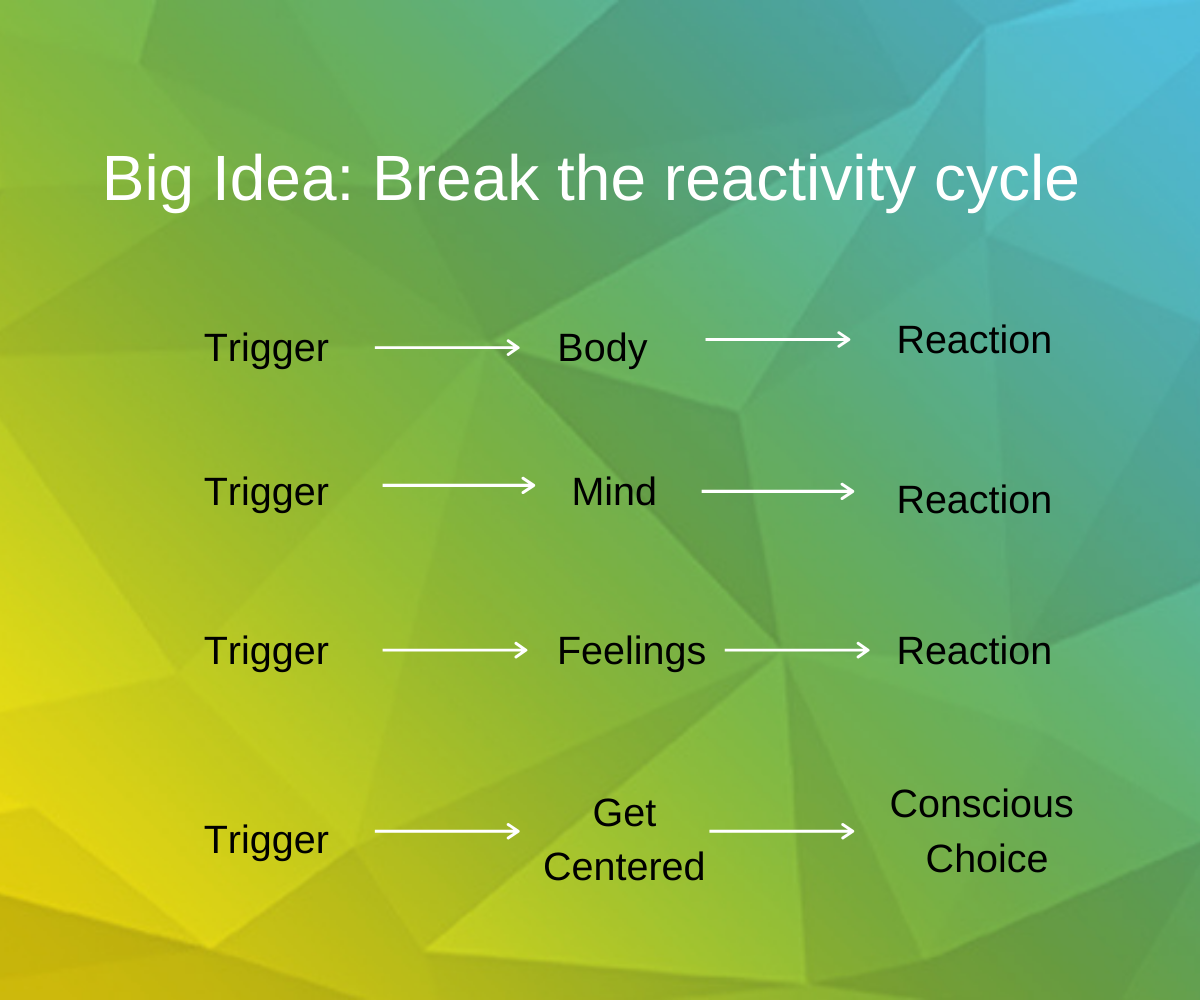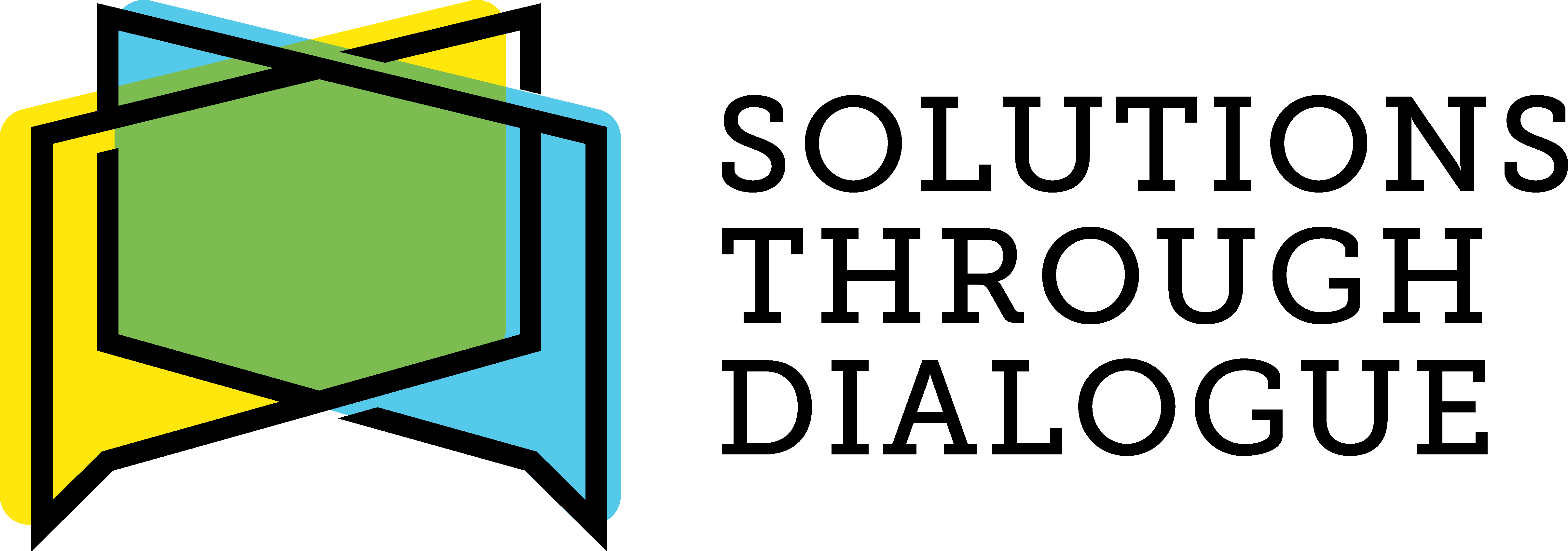Conflict Coaching
Transform difficulty into opportunity.
Conflict is a normal part of our lives–a natural outgrowth of our diverse nature as human beings. When done well, it fuels growth, creativity, aliveness, and new possibilities for our relationships.
Many of us struggle to do it well.
We have habitual ways of reacting to upsets, differences of opinion, or difficult conversations, that we acquired over time, mostly unconsciously. In the face of triggering events or circumstances, our conditioning kicks in and we can forget that we have the power to consciously choose how we want to respond. A power unique to us as human beings.


People, including leaders, react to conflict in a variety of ways. Two well-known reactions are avoidance (flee) and aggression (fight).
Avoidance might look like this:
- Expend a lot of energy thinking about what happened. This often evolves into talking about it to others–and never going directly to the person or group with whom the conflict exists.
- Act like it’s not happening. Commonly referred to as “not addressing the elephant in the room.” A strategy that can diminish individual or group/team trust.
- Suffer in silence. Leading to a negative impact on personal productivity and well-being.
- Look for an exit strategy. Finding a way to escape the relationship–role, team, or organization.
Particularly damaging to relationships is when people react with aggression. Meaning they use words or actions to dominate others. Both avoidance and aggression negatively impact collaboration and efforts to build positive, growth-oriented relationships and cultures. They suggest a need to better see and make sense of what’s happening in the midst of triggering interactions or circumstances–and consciously choose how to productively respond.
Seeing conflict through the lens of possibility.
Learning to break the reactivity cycle is critical to leadership effectiveness. We need leaders who embody balance and being at choice–and who work with, not against, the reality of human diversity. Experiencing conflict is not aberrant, it’s normal. It’s how we grow.
That’s where coaching comes in. The shift from reacting to being at choice is accelerated by engaging in a creative process that fosters self-awareness, empathy, communication skill-building, practice, and reflection–all leading to greater capability and freedom to work effectively with others, including those with whom we disagree.
Conflict coaching can take place with individuals, groups, and teams.
Linda is an attentive, skilled mediator who is able to connect, understand and enable collaborative problem solving in all types of disputes. I highly recommend Linda for anyone needing caring and effective support in resolving personal or workplace disputes.
–Denyse Perry, Leadership Coach, Trainer, and Mediator
What distinguishes Linda is her ability to foster conversation that is both substantive and open-hearted. This is an essential quality for working with people anywhere to make change happen.
–Sheila Hollender, Women’s Health Advocate and Co-founder of Seventh Generation and Sustain Natural
Linda is a Certified Mediator having completed a yearlong course of study and practice in Mediation and Conflict Studies.
Explore Conflict Coaching
Copyright © 2020 Solutions Through Dialogue. All Rights Reserved.
